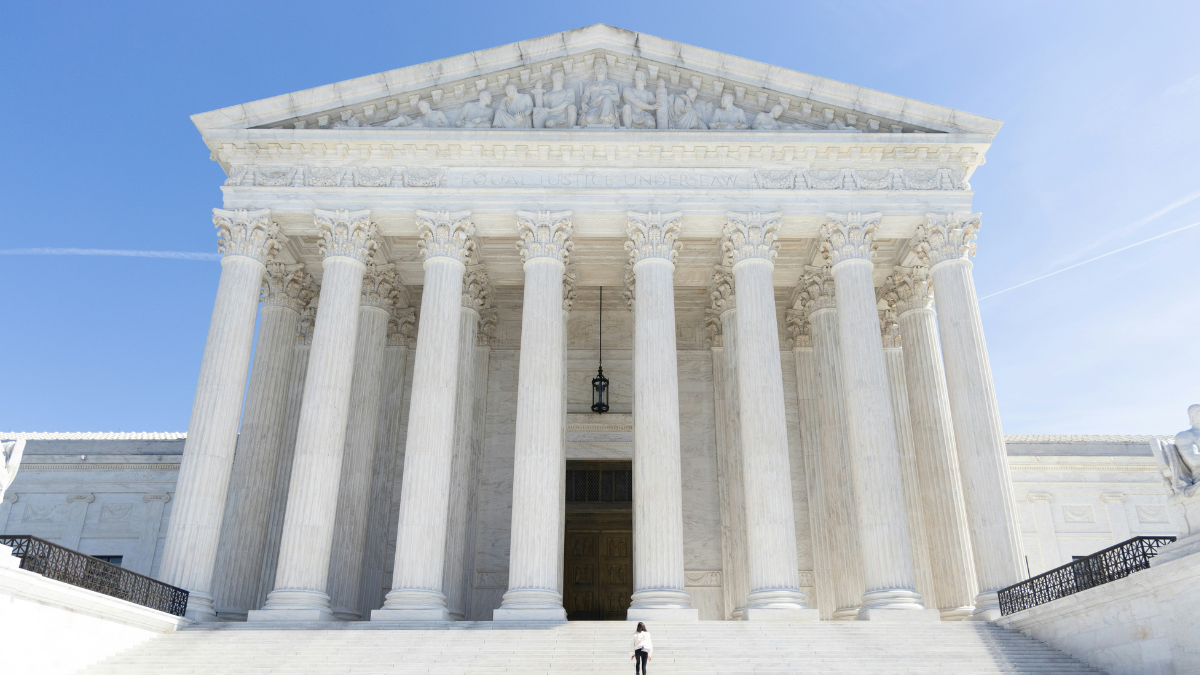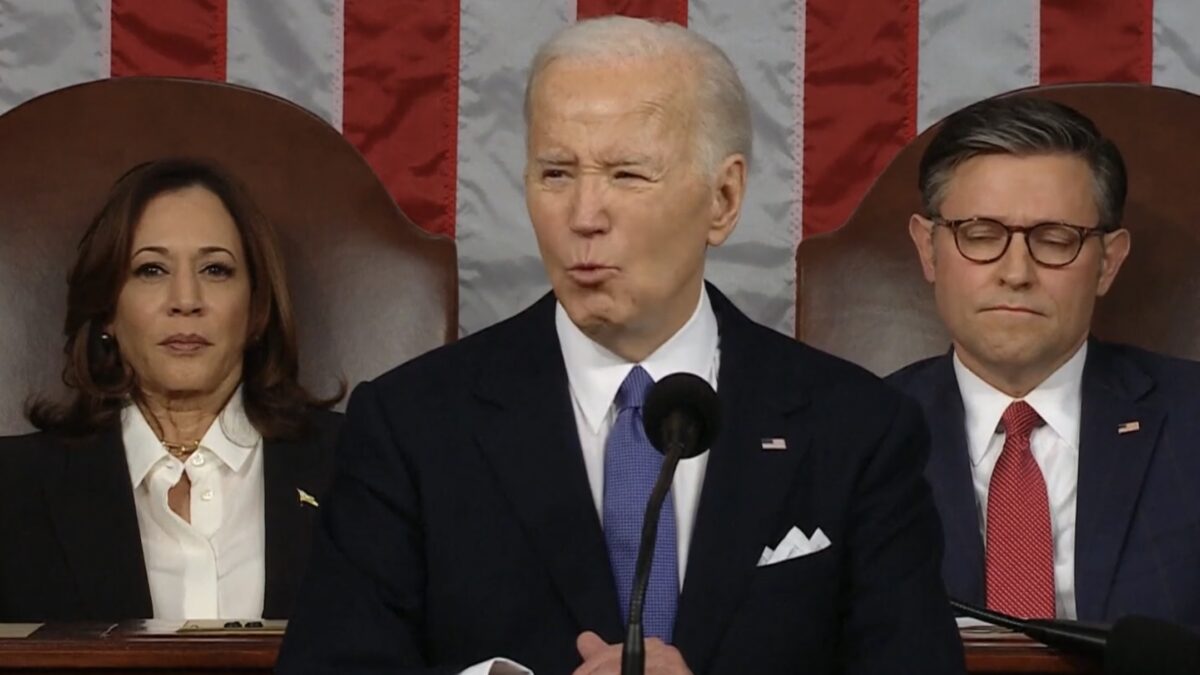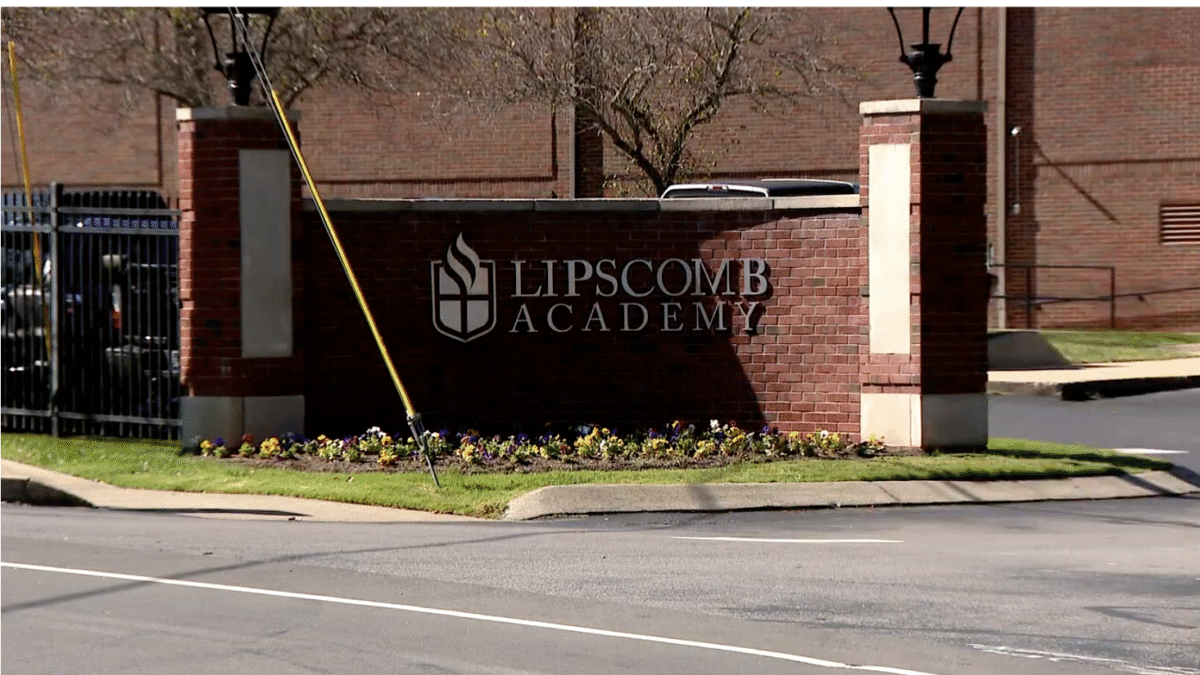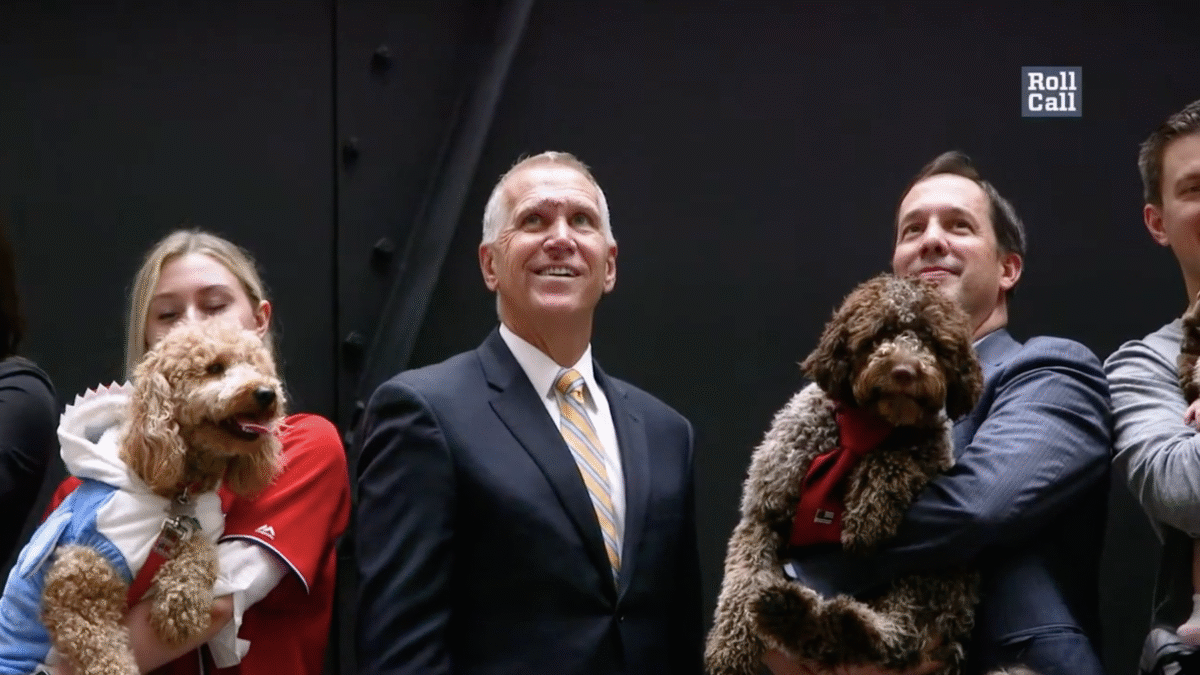During its new session, the Supreme Court will have a chance to reassess the Colorado law that has entangled Masterpiece Cakeshop owner Jack Phillips in a decade-long legal battle for his First Amendment rights.
Lorie Smith, owner of the small graphic design business 303 Creative, is challenging the Colorado Anti-Discrimination Act (CADA), which prohibits public accommodations from restricting services based on sexual orientation. It’s the same law that brought Phillips before the Supreme Court in 2018 for declining to make a cake for a same-sex wedding and continues to cause him legal trouble.
Though Phillips won his 2018 case, the ruling never addressed the core question: Can the government compel artists to speak against their convictions? Instead, it narrowly found that the Colorado Commission of Civil rights demonstrated “clear and impermissible hostility” against Phillips’ beliefs and did not give his claims “neutral and respectful consideration.”
So Phillips is still in court for other cases, and artists like Smith still face consequences under CADA.
Can Colorado Force Lorie Smith to Create Speech that Violates Her Conscience?
Smith wants to design websites for weddings that align with her religious belief that marriage is the union of one man and one woman. But under the state’s law, she would also be forced to create websites for same-sex marriages. Her case, which the U.S. Court of Appeals for the 10th Circuit ruled against in July 2021, contends that the act compels her to express messages with which she does not agree, violating the First Amendment.
Smith chooses her projects based on the message, not the person. The 10th Circuit court agreed: it acknowledged that Smith is “willing to work with all people regardless of sexual orientation” and did not question her “good faith.”
Yet, the court determined that CADA must stand because unique goods like her art are “where public accommodation laws are most necessary to [ensure] equal access.”
According to the majority opinion, “a faith that enriches society in one way might also damage society in [an]other, particularly when that faith would exclude others from unique goods or services.” As such, CADA “permissibly compels” speech.
Smith says her case is about standing up for everyone’s ability to speak freely.
“Just as I don’t want to be forced to say something contrary to my core convictions, I don’t believe anyone else should be, either,” she wrote in a July column. “For example, an LGBT designer shouldn’t be forced to create a website promoting the Catholic Church’s beliefs about marriage, and a Democratic artist shouldn’t be forced to design posters promoting the Republican Party.”
The dissent agreed with Smith, calling the majority ruling “unprecedented.”
“The Constitution neither forces Ms. Smith to compromise her beliefs nor condones the government doing so,” wrote Chief Judge Timothy Tymkovich. “In fact, this case illustrates exactly why we have a First Amendment.”
“Like Nineteen Eighty-Four’s Winston Smith, CADA wants Lorie Smith to not only accept government approved speech but also to endorse it,” he wrote.
A Chance to Protect Artists Like Lorie Nationwide
The Supreme Court accepted Smith’s case on Feb. 22, 2022 and will hear oral arguments in the fall. Alliance Defending Freedom (ADF) attorneys filed their opening brief on behalf of Smith with the Supreme Court in May.
“Forcing artists like painters, photographers, writers, graphic designers, and musicians to speak messages that violate their deeply held beliefs fails to comport with the First Amendment’s promise of ‘individual dignity and choice,’” they argue.
“We’re hopeful that a win for Lorie would produce a win for Jack,” Jonathan Scruggs, ADF senior counsel and director of the Center for Conscience Initiatives, told me. “But a lot depends on not just what the court rules in the end, but how it gets there.”
Phillips’ latest case—brought by transgender activist Autumn Scardina, who sued after Phillips declined to make a custom cake with a blue exterior and pink interior to symbolize gender transition—went before the Colorado Court of Appeals for oral arguments last Wednesday. Last year, a trial court ruled against Phillips.
Depending on its scope, Scruggs said the 303 Creative v. Elenis ruling could have a “big effect” in other states where officials are also interpreting the law to compel speech. ADF has represented many artists in similar situations.
“We’re currently representing a photographer in New York state that lost in the district court below, but we were representing a photographer in Kentucky who won,” he said. “So [the case] would clear up that confusion, and I think protect a lot of people.”
Looking at who filed amicus briefs is a good way to tell where states fall, Scruggs said. Twenty states have filed an amicus brief in support of Smith, while 21 states, plus the District of Columbia, have filed a brief in support of Colorado.
“So what you see is, on the one hand, a great example of states interpreting their laws and applying their laws consistent with the First Amendment,” he said. “On the other hand, you have a group of states that are currently and have interpreted their laws to compel speech, forcing people to say things that violate their core convictions.”
While the specific impact depends on how the court rules, on the whole, Scruggs said a ruling in favor of Smith would “establish the basic, core principle that you can’t force someone to say what they don’t believe.”









